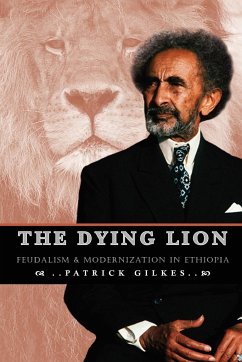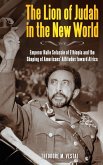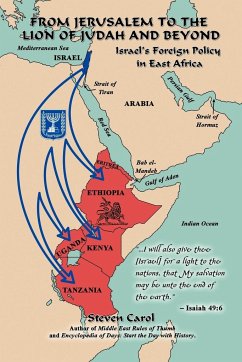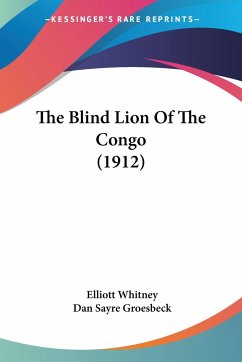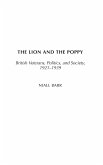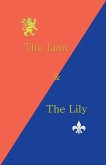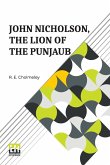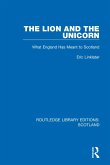In September 1974, after forty-four years as ruler of Ethiopia, Emperor Haile Selassie, The Lion of Judah, was deposed. This book examines in depth the causes of the unrest which finally led to the army taking power. During the early 1970s there were extensive changes in the complex of relationships between the government, the army and the peoples of Ethiopia. To explain these developments Patrick Gilkes, who lived in Ethiopia for many years, uses detailed and often confidential sources in his examination of government corruption, local government administration, land tenure and the tragic famine, the revolutionary student movement which played a major part in the build-up of criticism of the Emperor, and other forms of opposition, both violent and non-violent. The book is a valuable analysis of political and economic power in a developing country. It puts into perspective the causes and symptoms of the failure of modernization, looking in particular at the feudal system used to control power which finally led to the tension and conflict of 1974.
Hinweis: Dieser Artikel kann nur an eine deutsche Lieferadresse ausgeliefert werden.
Hinweis: Dieser Artikel kann nur an eine deutsche Lieferadresse ausgeliefert werden.

